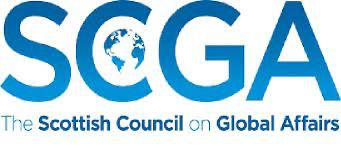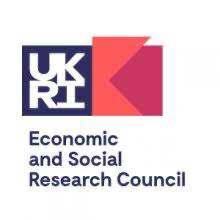Equity and the Pandemic Treaty
By Stephanie Switzer - Posted on 27 July 2023
Equity has been sorely lacking in pandemic preparedness and response, and COVID-19 is but the latest example. The response to COVID-19 was characterised by nationalism, inequity in access to diagnostics, vaccines, therapeutics and personal protective equipment (PPE) between the Global North and the Global South, as well as discriminatory, and in some instances racist, border closures chiefly impacting low- and middle-income countries.
In response to the widespread inequity witnessed during the COVID-19 pandemic, Member States of the World Health Organization (WHO) are currently negotiating a new international legal instrument - the Pandemic Treaty - intended to prevent pandemics and mitigate associated inequalities such as vaccine access, and improve compliance with international law during pandemic events.
From the initial proposal for the Treaty, through the many rounds of discussions that have occurred to date, it is clear that the new instrument is intended to be grounded in equity, with equity positioned as both an objective and as an operational output (Wenham, Eccleston- Turner & Voss, 2022). However, while equity is recognised as a general principle of international law, it does not have a precise and defined meaning. From the start of negotiations, it was unclear what an instrument ‘grounded’ in equity should look like, what the principle of equity means in this context, and how this principle can translate into meaningful obligations within international law more generally, as well as pandemic preparedness and global health governance specifically.
To answer these questions, Dr Mark Eccleston-Turner of King’s College London and I received funding from the Scottish Council for Global Affairs and the ESRC IAA Policy Impact Fund to host a workshop at King’s College, London. This workshop was attended by experts on equity from different disciplinary backgrounds with a view to coming to an understanding and conceptualization of equity as a legal concept, charting its history, development, and application within both domestic and international law.
These discussions were written up in the form of policy brief in which the authors aim to distil some of the lessons at this workshop from both national law as well as other international arenas in terms of understanding what equity means and how it has been conceptualised as a legal concept. The policy brief also puts forward suggestions on how this somewhat opaque concept might be effectively operationalised within the Pandemic Treaty.
In the policy brief, what we find is that there is no ‘one’ way to do equity or for an international agreement to be equitable. The workshop discussions found that equity must be more than an abstract buzzword - simply inserting the word equity into a legal text does not achieve equity. However, international law offers a number of lessons for responding to instances of inequity arising in the absence of a perfect, overarching functional definition of equity.
Any correspondence relating to this event or in respect of the policy brief should be addressed to stephanie.switzer@strath.ac.uk and mark.eccleston-turner@kcl.ac.uk

